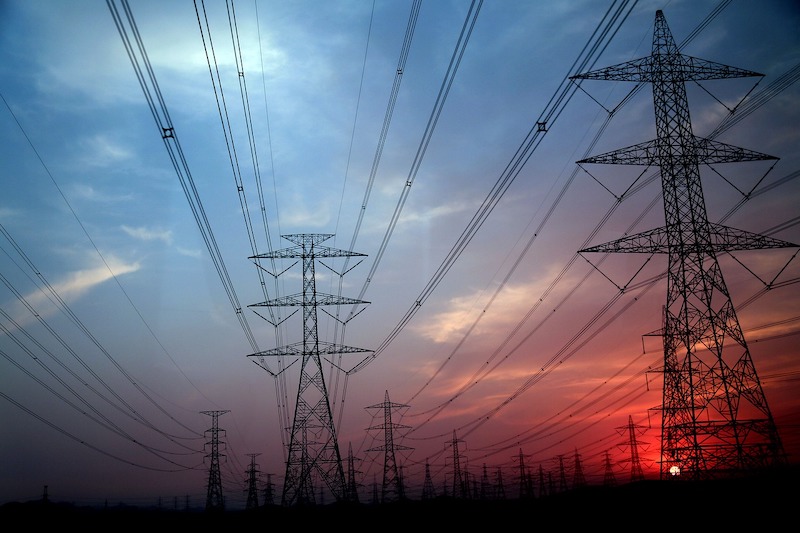The proposed 2021 International Energy Conservation Code (IECC) would be the most energy efficient code ever, but appeals may reduce the efficiency it promotes.
Several industry groups, including the National Association of Home Builders, the Leading Builders of America, the Air Conditioning, Heating, and Refrigeration Institute, the American Gas Association, and the American Public Gas Association, have appealed specific provisions of the proposed code. Among the code challenges are: electrification and electric vehicle readiness, water heating efficiency, and numerous other provisions.
“The sheer number of appeals is unprecedented—likely because the interest in a more efficient code is greater than ever before,” writes Lauren Urbanek, a Natural Resources Defense Council policy advocate. More than 20 efficiency proposals that were approved by the ICC process and that passed the governmental vote with a supermajority have been appealed.
ICC technical committees—which are dominated by industry representatives—had voted to reject the 20 proposals. But their recommendations were overturned by a two-thirds majority vote.
The final hearing was scheduled for September 14 to discuss the legitimacy of the vote. After hearings are completed, the full ICC Board of Directors was scheduled to weigh in on September 16.
Related Stories
| Jan 18, 2012
Report analyzes residential hurricane codes in 18 states
The Insurance Institute for Business & Home Safety (IBHS) released a new report analyzing residential building codes in 18 hurricane-prone coastal states along the Gulf of Mexico and the Atlantic Coast.
| Jan 18, 2012
Death in Chicago high-rise apartment fire blamed on fire code
The death of a Chicago woman who stepped off her elevator into a blazing inferno last week has underscored the need for fire sensors in elevators.
| Jan 18, 2012
California approves open cell spray foam for energy efficiency standards
The California Energy Commission (CEC) now recognizes open-cell spray foam as an accepted insulation in its 2008 Building Energy Efficiency Standards.
| Jan 5, 2012
Building to LEED standards now an 'easy call' from cost standpoint
Once seen as a cost burden, building to LEED standards is now an "easy call," according to Dan Probst, chairman of energy and sustainability for real estate management and development firm Jones Lang LaSalle.
| Jan 5, 2012
Minnesota's GreenStep Cities program aids communities in winning grants
GreenStep Cities, a Minnesota initiative, was designed to provide greater recognition to the state's communities for achievements in meeting sustainability standards and goals.
| Jan 5, 2012
Some ADA accessibility rules change in 2012
Some changes to the Americans with Disabilities Act go into effect beginning March 15, 2012.
| Jan 5, 2012
Ontario's stringent energy code has builders concerned over indoor air quality
Some Ontario builders are worried that new building code requirements with stricter energy efficiency measures could lead to poor indoor air quality.
| Jan 5, 2012
New law bars Defense Department from new LEED certifications
The Defense Department will not be allowed to use any money to certify its buildings LEED Gold or Platinum, under a law President Obama signed Dec. 31.
| Jan 5, 2012
Some ADA accessibility rules change in 2012
Some changes to the Americans with Disabilities Act go into effect beginning March 15, 2012.
| Jan 3, 2012
New SJI Rule on Steel Joists
A new rule from the Steel Joist Institute clarifies when local reinforcement of joists is required for chord loads away from panel points. SJI members offer guidance about how and when to specify loads.
















